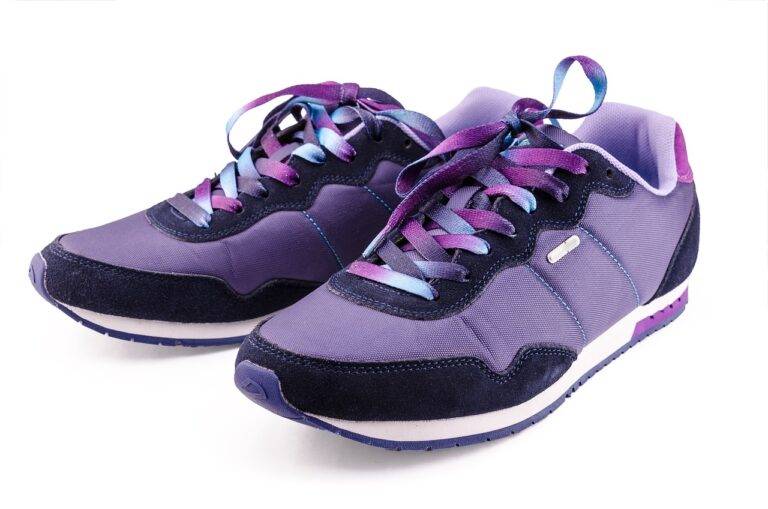Mindful Waste Reduction: Strategies for Minimizing Trash and Recycling Responsibly
One effective way to reduce single-use plastics is by choosing reusable alternatives. Swap out plastic water bottles for a durable, refillable water bottle made from stainless steel or glass. Similarly, opt for reusable shopping bags instead of relying on plastic ones when doing your groceries.
Another strategy is to be mindful of packaging when making purchases. Look for products with minimal or eco-friendly packaging to reduce the amount of single-use plastics entering your home. Additionally, consider buying in bulk to cut down on individual packaging waste and invest in products with refill options to minimize disposable plastic usage.
Eco-Friendly Alternatives for Household Items
In today’s eco-conscious world, many households are making the switch to eco-friendly alternatives for everyday items. One popular choice is replacing plastic cling wrap with beeswax wraps. These reusable wraps are made from cotton infused with beeswax, tree resin, and jojoba oil, providing a sustainable way to keep food fresh while reducing plastic waste.
Another great eco-friendly option is swapping out disposable plastic water bottles for reusable stainless steel or glass bottles. Not only do these alternatives help to reduce the amount of single-use plastic being produced, but they also eliminate the harmful chemicals that can leach into beverages from plastic bottles. Making small changes like these in our homes can have a big impact on our environment in the long run.
Tips for Composting at Home
Composting at home is an eco-friendly practice that helps reduce waste and enrich the soil in your garden. To start composting, you will need a compost bin or pile in your backyard. Choose a spot that is convenient for you to access regularly and receive sunlight for proper decomposition.
When adding to your compost bin, include a mix of green materials (fruit and vegetable scraps, grass clippings) and brown materials (dry leaves, cardboard). Make sure to avoid adding meat, dairy, or oily foods as they can attract pests and slow down the composting process. Regularly turn the compost pile to aerate it and promote decomposition. Remember to keep it moist, but not soggy, to help the materials break down effectively.





